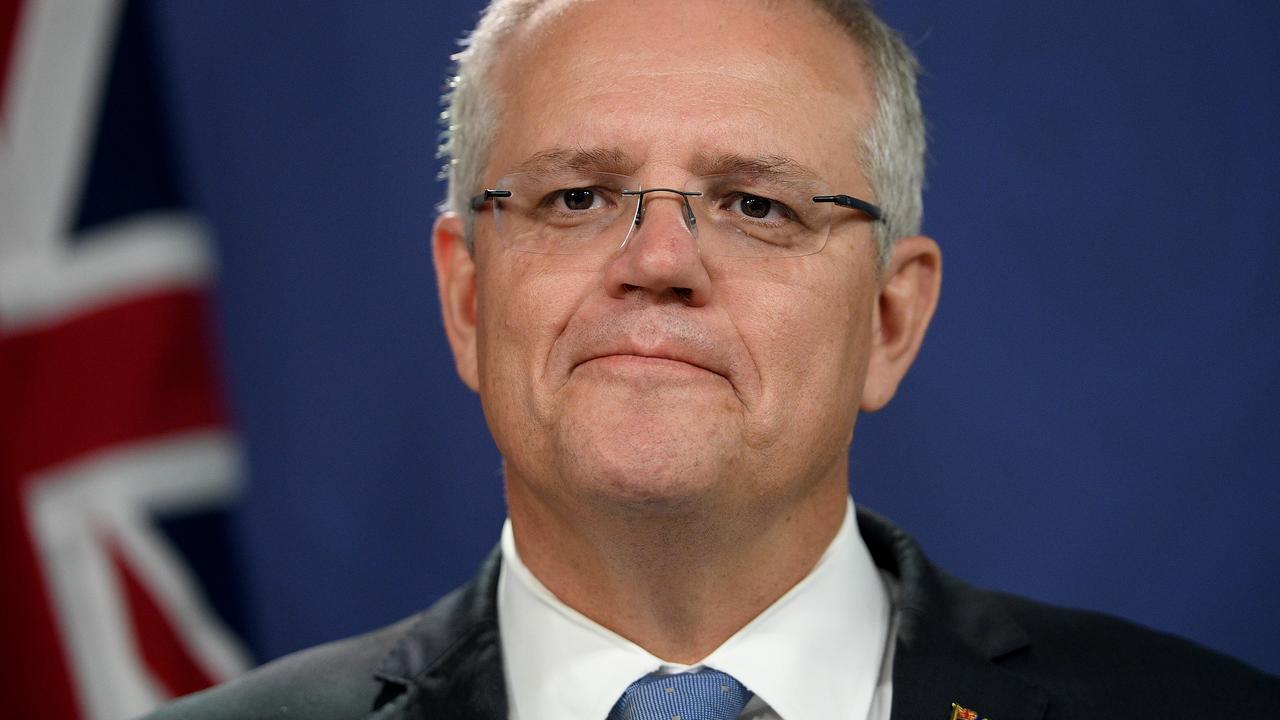In the face of mounting evidence of banking scandals and political ineptitude in defending the Coalition, Malcolm Turnbull has conceded it was a clear political error not to call a banking royal commission.
The Prime Minister has also conceded the Coalition “knew what the problem was with the banks” but still resisted calls for a royal commission and described the final decision as “regrettable”.
These are massive political concessions forced on a government losing control of the agenda on wrongdoing and rip-offs by banks and financial institution and unable to justify its actions.
Bill Shorten and his frontbench colleagues Chris Bowen and Jim Chalmers have had field days since the royal commission began revealing the extent of the malfeasance and pent-up customer anger and frustration.
Despite a marginal improvement in the latest Newspoll survey for the Coalition on a two-party-preferred basis — up a point to trail 49 to Labor’s 51 per cent — it is clear the banking scandal will continue to unfold and damage the government.
Turnbull’s concession that it would have given the government less “grief” and been less “politically” damaging was not the mea culpa of someone who really thought he had got it wrong.
Turnbull’s concession of a “clear political error” with “hindsight” was proffered with a claim that he had identified the problem himself two years ago but had resisted the calls for a royal commission because it would have delayed reform and legislation and the banks would have used it as an excuse to defer reforms.
His argument is that the Coalition has been able to introduce reforms already that would have been delayed, that the royal commission is wider now than it would have been two years ago and that the royal commission itself can analyse the reforms so far.
Turnbull correctly cites his own speech at a Westpac dinner in 2016 in which he attacked the banks and financial institutions as pointing to the problem and angering the banks.
But there is a big risk here for him because it highlights, as he admits, that the government “knew what the problem was with the banks” and didn’t follow up on his own strong rhetorical attack with a royal commission.
His justification for his decision not to hold a royal commission is that it would have been impossible to implement the financial reforms the Coalition has succeeded in passing into law because the banks would have pushed to delay the reforms until the royal commission was over.
This was Turnbull’s argument, and Scott Morrison’s, as they were finally forced to make a “regrettable” decision and call a royal commission when they faced losing a vote on the floor of the House of Representatives and in the Senate as their own backbenchers joined Labor’s crusade.
Because the concession falls short of a full admission of error and seeks to continue to justify the decision not to call an inquiry while admitting the government “knew” there were problems, the justification carries the weight of public acceptance of Turnbull’s political judgment.
The justification is thin and legalistic, suggests the banks had more power than the government when it came to legislation, and ignores the fact that the Coalition was supporting a reintroduction of the Australian Building and Construction Commission, with proposed legislation, all the way through the Royal Commission into Trade Union Governance and Corruption.





To join the conversation, please log in. Don't have an account? Register
Join the conversation, you are commenting as Logout